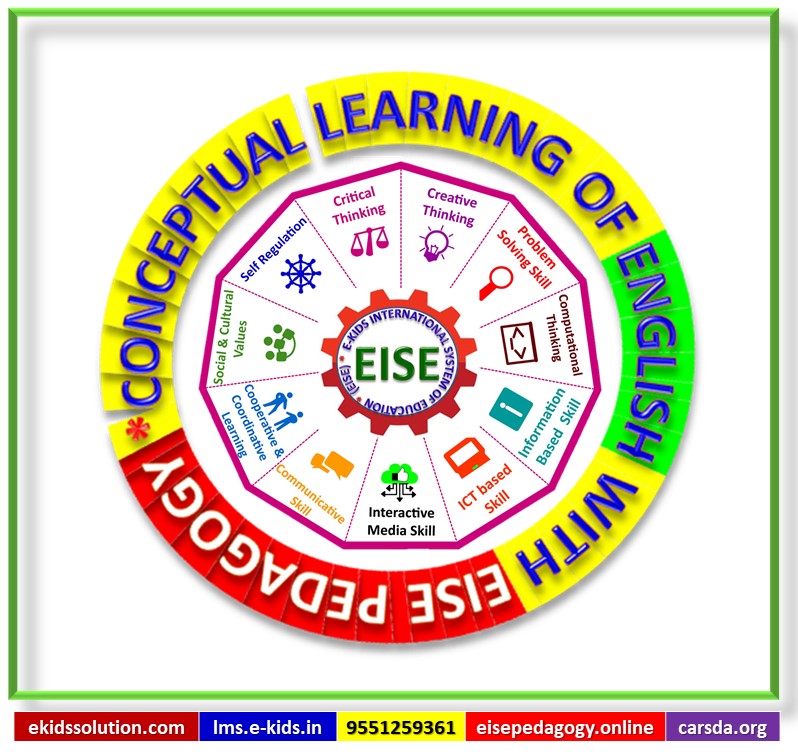Conceptual Learning of the English Language

Concepts are vital in studies in language and literature courses since they help to organize and guide the study of texts across the three areas of exploration. The concepts interact with the three areas of exploration in numerous ways and contribute a sense of continuity in the transition from one area to the next. They also facilitate the process of establishing connections between texts, making it easier for students to identify different ways in which the texts they study relate to one another. Although they are not explicitly assessed in any component, the concepts constitute an essential part of a student’s investigation and should therefore be included in the discussion of each of the texts studied.
The seven concepts which structure the teaching and learning of these courses have been selected because of the central position they occupy in the study of both language and literature. They foreground aspects of linguistic and literary study that have been the focus of attention and inquiry. Brief explanations of the seven concepts are provided.
Thinking conceptually about non-literary texts and literary works can be hard. Both the learners and teachers should think about the seven key concepts:
- Identity
- Culture
- Creativity,
- Communication
- Perspective,
- Transformation
- Representation


